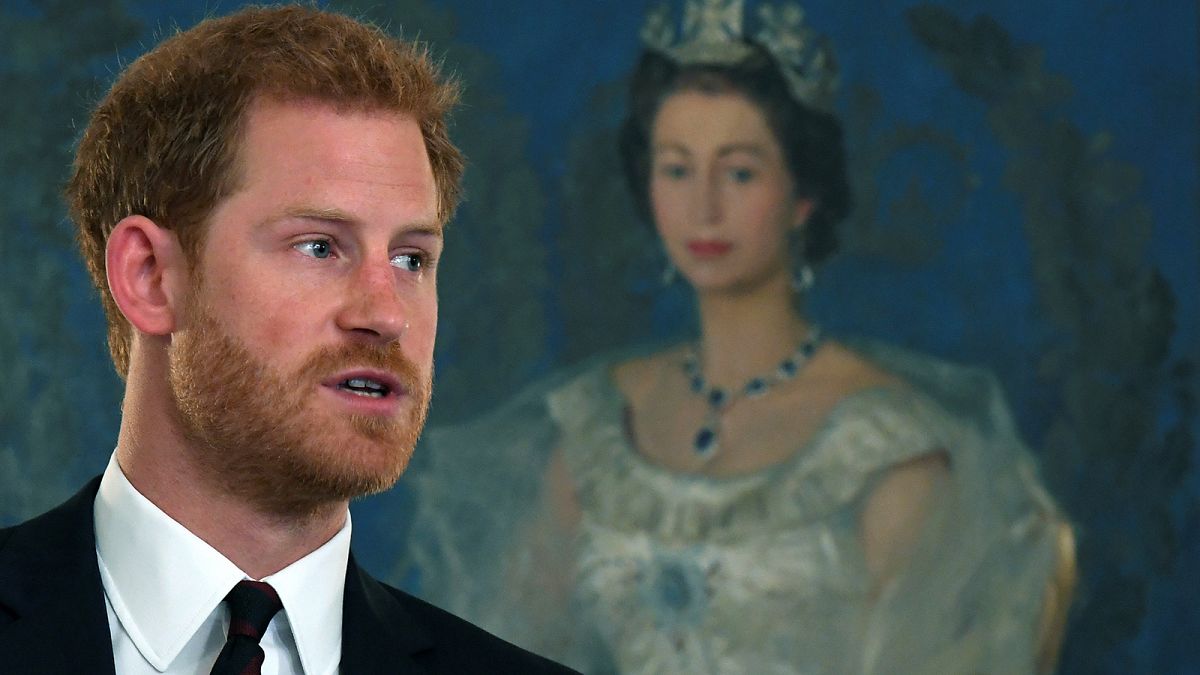How some of the most well-known faces on the planet are using their status in tackling mental health
World Mental Health Day is once again being observed across the globe on October 10. As in recent years, 2017’s Day has been assigned a theme – Mental health in the workplace – although the overall objectives of the initiative remain consistent; to raise awareness of mental health issues, mobilize efforts to provide support, and to eradicate the stigma attached to mental health.
2017’s Day is a significant anniversary, marking 25 years since the first World Mental Health Day in 1992. The dialogue around mental health is now much more out in the open thanks to the work of the organisations who highlight the issue, and to an extent, the famous faces amplifying the message through their celebrity status.
For some, the idea of an A-lister discussing mental health issues can be too easily dismissed, why would someone living such a privileged life suffer from depression or anxiety? For most, it’s a far too simplistic view to take, and a celebrity candidly and openly discussing their problems can have a huge impact in chipping away at the stigma that still surrounds mental illness in all its forms.
Here are some of the famous people who have done just that.
Prince Harry
The Prince jointly co-ordinates the Heads Together initiative with the Duke and Duchess of Cambridge, a project aimed at ending the stigma around mental health in the UK. He has recently spoken at length about his own mental health, revealing that he sought counselling as he struggled to come to terms with the death of his mother.
“I can safely say that losing my mum at the age of 12, and therefore shutting down all of my emotions for the last 20 years, has had a quite serious effect on not only my personal life but my work as well”, Prince Harry told The Telegraph. “The experience I have had is that once you start talking about it, you realise that actually you’re part of quite a big club.”
Lady Gaga
During a visit to a homeless LGBT youth centre in New York in 2016, the singer revealed that she suffers from post-traumatic stress disorder (PTSD). “I told the kids today that I suffer from a mental illness” she said in an interview aired on NBC. “It’s really important to remind kids who are suffering from a traumatic experience or from abandonment, to remind them that they’re not alone, and that they’re loved.”
David Beckham
In a TV interview ahead of the 2006 World Cup, David Beckham made a big leap in efforts to de-stigmatise Obsessive Compulsive Disorder by revealing that he suffered from the condition. “I’ve got this obsessive compulsive disorder where I have to have everything in a straight line or everything has to be in pairs. I’ll put my Pepsi cans in the fridge and if there’s one too many then I’ll put it in another cupboard somewhere.” The footballer’s disclosure was warmly welcomed by the charity OCD UK.
Zoella
The YouTube star received praise when she posted a video discussing her panic attacks and her efforts to deal with anxiety. She has since become the first Digital Ambassador for mental health charity Mind and in May of this year she posted an open and candid message for her 11 million Instagram followers. “The hardest part is starting the journey, especially when you feel so isolated, alone & at a complete loss…but you aren’t alone. Everyone has something they could work on, even that person you know who looks like they have the perfect life, even THEY have something.”
Alastair Campbell
The former Labour spin doctor has spoken extensively about his battle with recurring depression and what it’s like to live with a mental illness. He is an ambassador for Time to Change, a campaign with the aim of tackling public attitudes to mental health problems, and in an interview published on its website he had this to say, “I think it’s a very very difficult area this because all I can say is it’s always benefitted me to be open. I can’t in all honesty say to everybody in all of their different circumstances ‘It will benefit you to be open.’ Because the truth is I’m afraid because of the stigma, because of the taboo, because of the discrimination that does sometimes exist, it could be worse for some people. And I think if all of us could somehow make the leap together to be more open then all of us the ill and the non ill would be better off.”
Lena Dunham
The Girls creator has frequently spoken of her mental health problems in the past and recently teamed up with the Child Mind Institute, a charity that works with children struggling with mental health issues and learning disorders. In a video made for People Magazine she sent a powerful message to her younger self. “I would tell my younger self that there’s no shame in asking a teacher for help, telling a friend that you’re uncomfortable and that it’s just the same as falling down and scraping your knee. There are so many other kids like me who are suffering this way and the greatest thing I can do for them and myself is to be honest.”
Zayn Malik
The One Direction star has spoken honestly about his struggles with the anxiety attacks that have led him to cancel concerts and performances. His willingness to discuss the issue has drawn praise and he has talked about how his own honesty has helped him. “People now have a better perspective on where I was coming from at the time and just an understanding that it wasn’t coming from necessarily being ungrateful, shall we say, or not aware of the opportunities that were in front of me, it was just me struggling with being able to actually be there.”
Catherine Zeta-Jones
The actress disappeared from the limelight to seek treatment for her bipolar disorder and has since been vocal in her efforts to help people in similar positions. In an interview with The Telegraph she said, “I never wanted to be as open about it as I was. I have a British stiff-upper-lip mentality. I’m not the kind of person who likes to shout out my personal issues from the rooftops but, with my bipolar becoming public, I hope fellow sufferers will know it is completely controllable. I hope I can help remove any stigma attached to it, and that those who don’t have it under control will seek help with all that is available to treat it. If I’ve helped anybody by discussing bipolar or depression, that’s great.”
You can find out more about World Mental Health Day 2017 at the WHO website












